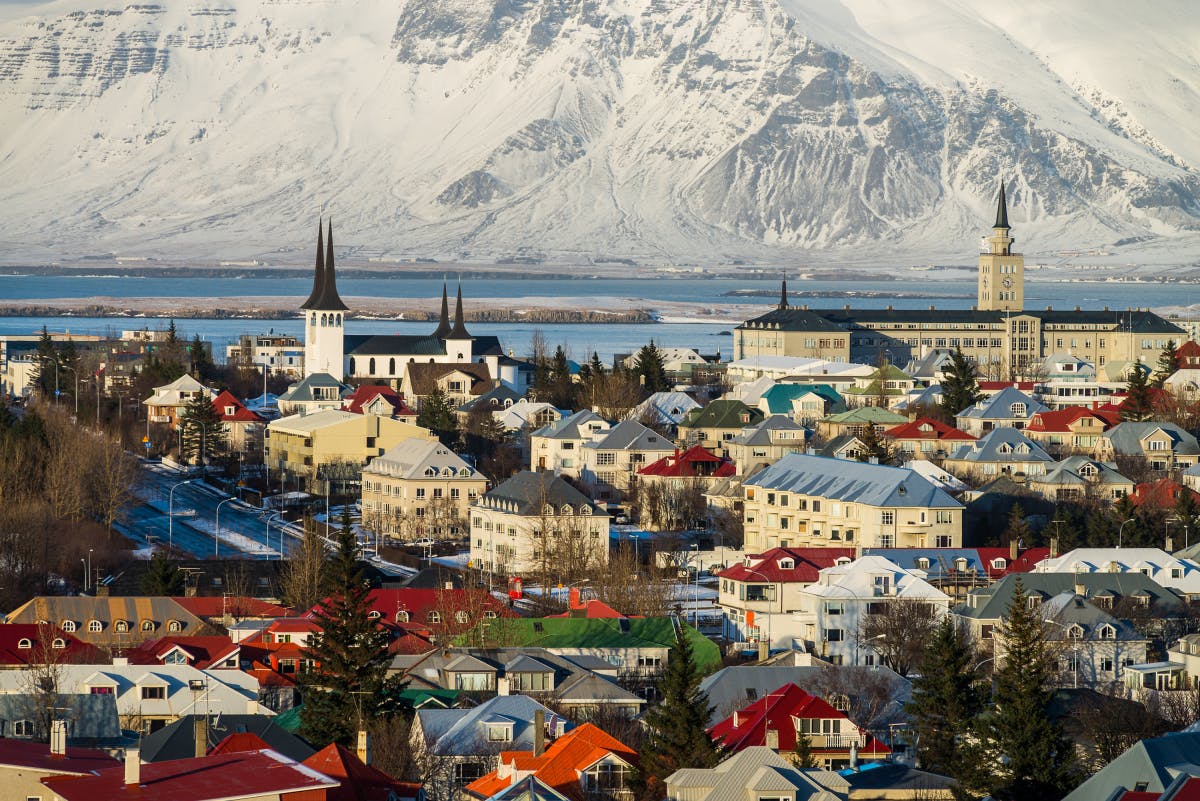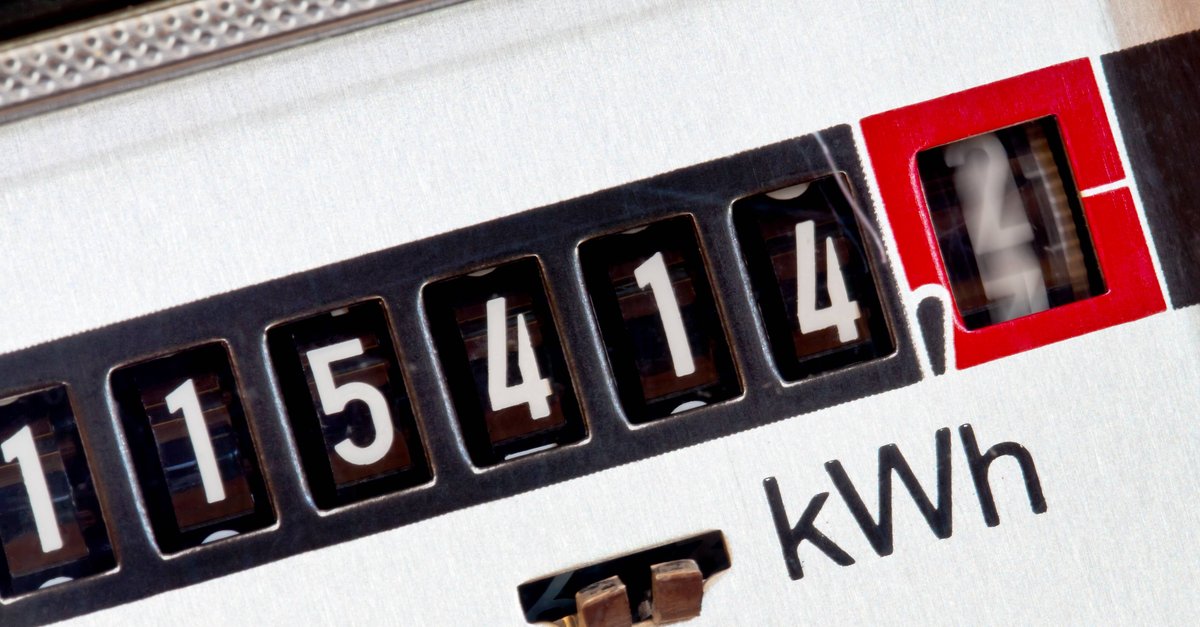Experiment in Iceland proves increasing productivity
Iceland’s capital Reykjavik. (Photo: StockWithMe / Shutterstock)
The effects of a 4-day week have been examined in more detail in Iceland in two large-scale field tests over a period of several years. The result: it seems to be working.
In some countries and even more companies, the 4-day week has been subjected to repeated tests for a number of years – in some cases with success. The advantage is that employees are more relaxed and burn-outs occur less often. At the same time, productivity should not drop significantly. However, the reduction in working hours has not yet caught on. Now, a multi-year experiment in Iceland is pouring new water on the mill of the supporters.
Contents
4-day week: experiment with almost 3,000 participants
The experiment consisted of two field trials examining the effect of reducing working hours. A test started in 2015 and up to 2,500 employees took part. As of 2017, over 400 people took part in the second part of the experiment, such as Spiegel Online writes. A look at the total number of working people on the island shows how big the 4-day-week experiment was in Iceland: 200,000.
The results of the field studies appear to be consistently positive. Accordingly, the participants reduced their weekly working hours from 40 to 36 or 35 hours each. The salary remained the same, productivity and the work performed should also have remained the same or even improved. In order to achieve this, work routines were also revised as part of the experiment. Meetings were shortened or replaced by e-mails. The initiators also looked specifically for tasks that could be deleted.
Work-life balance significantly improved
As in other similar experiments, the participants reported that their work-life balance had improved significantly. They are also less stressed and at risk of burnout. It is not yet entirely clear whether the results can also be transferred to other countries. And: Strictly speaking, the reduction to 36 or 35 working hours is not really a 4-day week. If you work eight hours a day, that would be more like 32 hours.
In addition, when it comes to weekly working hours, Iceland is way ahead of the rest of the world. The average weekly working time for full-time employees on the island is said to have been 44 hours in 2019. In Germany it was “only” 41 hours. Many are already working shorter hours there. In the West German metal industry, for example, there has been a 35-hour week since 1995, and a 37.5-hour week in retail since 1991. In the public service (West) the employees work 38.5 hours per week.



